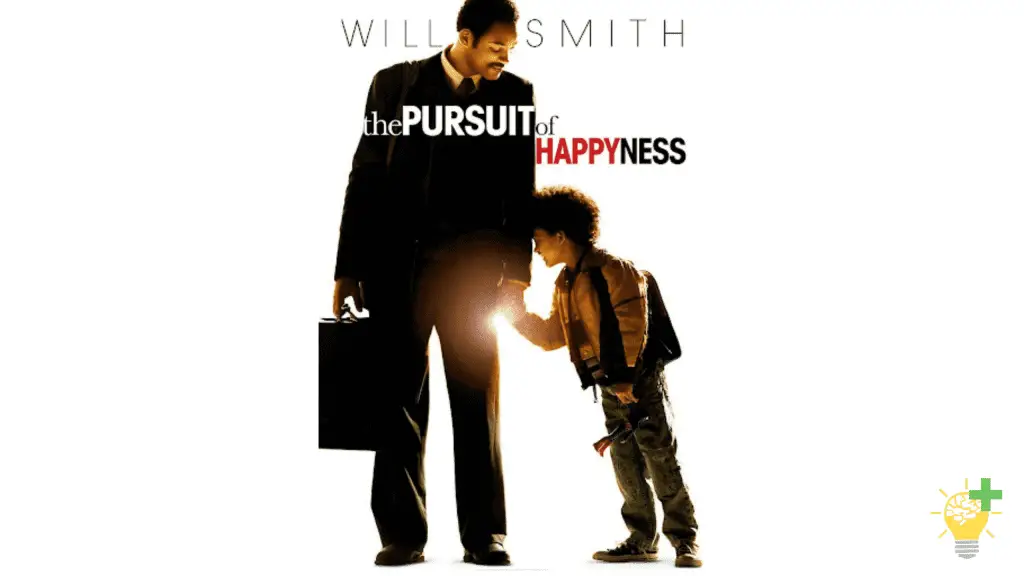Most people go through life without a clue about what they truly want to do with their lives. They finish school, get a job, earn a certain income, marry, and have kids. Still, it all feels like merely following someone else’s script!
Sounds familiar?
The good news is that you can unlock your best life and do what feels worthwhile when you discover your purpose. In fact, research shows that people with a sense of purpose tend to live longer. And it all starts by answering the question, what are you doing for the rest of your life?
First, understand that you can’t figure out your life purpose by beating yourself up for past mistakes. In other words, let go of the past if you want to move your life forward in a more purposeful direction.
Once you’ve embraced your past ― the lessons and blessings alike ― you’re set to discover your life purpose! And this post will give you helpful pointers in that regard.
Identify What Feels Important to You
Trying to unravel your life purpose can be quite confusing. I mean, how do you embark on a “cosmic mission” to discover the higher purpose for which you were born?
But figuring out what you want to do with your life doesn’t have to be so complicated. Instead of asking, “What’s my life purpose?” a simpler and more manageable question would be, “What feels important to me?”
This approach demystifies the “life purpose” question and helps you put your finger on what can create a sense of purpose for you.
People find different things meaningful, and what’s important to you doesn’t necessarily have to make sense to others.
What’s important to you might be:
- Solving a major world problem
- Advocate a social cause
- Giving back to society
- Inventing stuff that makes a difference in people’s lives
- Teaching and empowering people
- Supporting your community
- Exploring various cultures across the world
Here’s something I should point out.
Don’t worry about finding just one purpose that will last a lifetime; nobody said you must spend the rest of your life doing just one meaningful thing. You can juggle as many things as you feel strongly about, provided you don’t spread yourself too thin.
Do What You Love
I bet you can still remember what your 10-year-old self enjoyed doing. Whatever it was ― drawing, writing, gardening, or singing ― you enjoyed the activity for the sheer joy it brings, period.
You weren’t painting or drawing to impress anyone. You certainly weren’t hoping to get paid or make a living from singing or writing as an adolescent.
You enjoyed your passion, regardless of whether or not it was perfect. You didn’t care if anyone ever read your stories, heard your songs, or admired your paintings.
But somewhere along the journey to adulthood, you stopped following your passion.
Why is that?
You bought into the idea that you should only do what you are rewarded for (in cash or kind, but mostly cash!), not merely what you love. And once that limiting belief took hold, you forgot why you enjoyed your passion in the first place.
If, by chance, you still held on to your childhood passion, you’re most likely doing it for the reward and not the sheer joy it brings. And this explains why you feel stuck, even though you’re doing something that’s supposed to be your lifelong dream.
The pressure of adulthood has a way of stifling your true passion. But you mustn’t throw away your passion if you want the rest of your life to feel meaningful.
What would be your response if your younger self asked why you no longer do what you once loved?
Of course, you don’t necessarily have to stick to what your younger version loved doing. Remember that what is important to you might change over time, and your passion will evolve. However, you should never sacrifice your heart’s true desires on the altar of duty.
Take some time to revisit a few things you were passionate about when you were younger but gave up because of adulthood. These activities might hold the answer to the question, “What are you doing for the rest of your life?”
Stick With Things That You Are Willing to Sacrifice For

You probably won’t stay up all night coding if you aren’t passionate about it. But a programmer who believes coding is their calling will not think twice about spending the entire night writing, modifying, and testing codes and scripts.
Although it takes plenty of discomfort to see an application come together, the programmer thinks nothing of the sacrifice and feels fulfilled when the codes and scripts come to life.
Every worthwhile thing has a cost. No matter how enjoyable you find an activity, it won’t be an easy ride all of the time. Sometimes, it will require going through unpleasant experiences to accomplish what you want and find your happy ending.
For example, you must be willing to face rejection countless times if you want to be a published author. Research the most successful authors, and you will discover they’ve been turned down more times than they can remember.
If you throw in the towel after a few rejections, you won’t go very far as an author. This applies to whatever you want to spend the rest of your life doing.
Discovering your life purpose doesn’t necessarily lead to applause from others, at least not initially. You have to put in a lot of effort and some more to stand out and become successful.
I’ve said all of that to say this:
You may have stumbled on your life purpose when you find something you are willing to sacrifice for, so stick with it.
Recognize the Cognitive Principles Behind Your Passion
Ever been so enthralled in an activity that you lost track of time or even forgot to eat? We’ve all been there.
No doubt, getting wrapped up in something doesn’t necessarily mean you are being productive. For example, spending an entire evening scrolling mindlessly through social media can have some not-so-pleasant consequences.
But something is making you so enthralled in the activity, whether it is binge-watching movies, playing video games, or doing something more productive.
If you have a passion for fashion but don’t know this (yet) and haven’t provided the right channel for it, you might spend a chunk of your day scrolling through countless lifestyle pages on social media.
When you pay attention to the cognitive principles or motivation for doing what you do, it will be easier to identify your true passion.
Remember, your passion might not seem like your cosmic mission or something you are born to do, and that’s perfectly okay. You don’t have to spend the rest of your life doing something extraordinary to feel fulfilled. As long as you find meaning in an activity, give it your best shot!
By the way, if you are not passionate about anything, I strongly recommend reading this post to learn practical ways to ignite your passion.
Don’t Be Afraid to Fall Flat on Your Face
Lastly, you will embarrass yourself (more than once) in your quest to make your life purposeful ― that’s a given!
As harsh as this may sound, the truth is that you are not ready to find your purpose and unlock your best life if you are unwilling to face the series of embarrassments that comes from discovering your purpose.
Think of toddlers learning to walk.
They will fall and whack their heads on the ground several times. As vulnerable as walking can feel for little children, they must gingerly put one foot in front of the other until they learn to walk properly.
Of course, whatever is worth doing is worth doing well. But what if you don’t know how to do something? Should you wait until you know how? How would you learn to do it if you don’t ever begin? What are you doing for the rest of your life ― waiting to magically know without taking action?
Les Brown puts it this way, “Anything worth doing is worth doing badly until you get it right.”
Indeed, you may have reasons for not following your heart’s dream, and that’s fine. But you would be throwing away your happiness (and life!) if any of those reasons involve other people’s opinions of you.
Go after your dream, passion, and purpose, no matter how scary, unconventional, and vulnerable they make you feel.
Final Thoughts
What are you doing for the rest of your life? Here’s the sticky truth about figuring this out; contemplating the cosmic significance of your life will not likely lead to a satisfying answer until you demystify the “life purpose” question.
What do you find meaningful, and what gives you a sense of purpose? What sacrifices are you willing to make in your quest to achieve your aspirations? What enthralls you and makes you forget time?
Once you answer these questions, you are well on your way to figuring out your life purpose.




